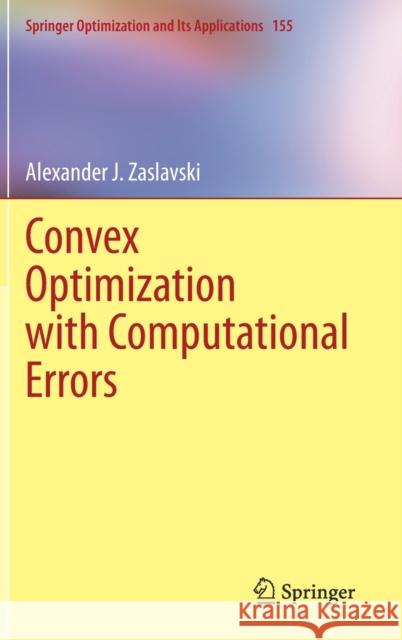Convex Optimization with Computational Errors » książka
topmenu
Convex Optimization with Computational Errors
ISBN-13: 9783030378219 / Angielski / Twarda / 2020 / 360 str.
Convex Optimization with Computational Errors
ISBN-13: 9783030378219 / Angielski / Twarda / 2020 / 360 str.
cena 363,97
(netto: 346,64 VAT: 5%)
Najniższa cena z 30 dni: 346,96
(netto: 346,64 VAT: 5%)
Najniższa cena z 30 dni: 346,96
Termin realizacji zamówienia:
ok. 16-18 dni roboczych.
ok. 16-18 dni roboczych.
Darmowa dostawa!
Kategorie:
Kategorie BISAC:
Wydawca:
Springer
Seria wydawnicza:
Język:
Angielski
ISBN-13:
9783030378219
Rok wydania:
2020
Wydanie:
2020
Numer serii:
000331107
Ilość stron:
360
Waga:
0.69 kg
Wymiary:
23.39 x 15.6 x 2.24
Oprawa:
Twarda
Wolumenów:
01











